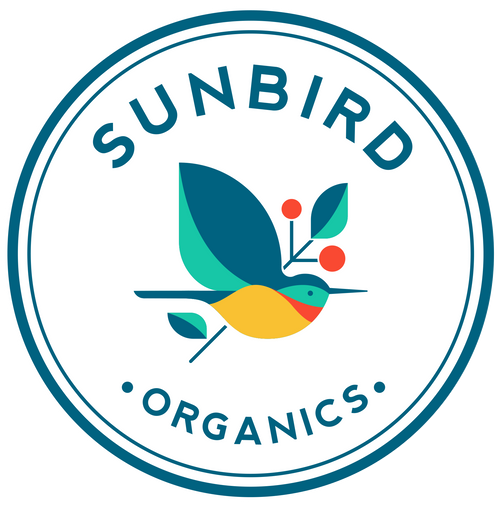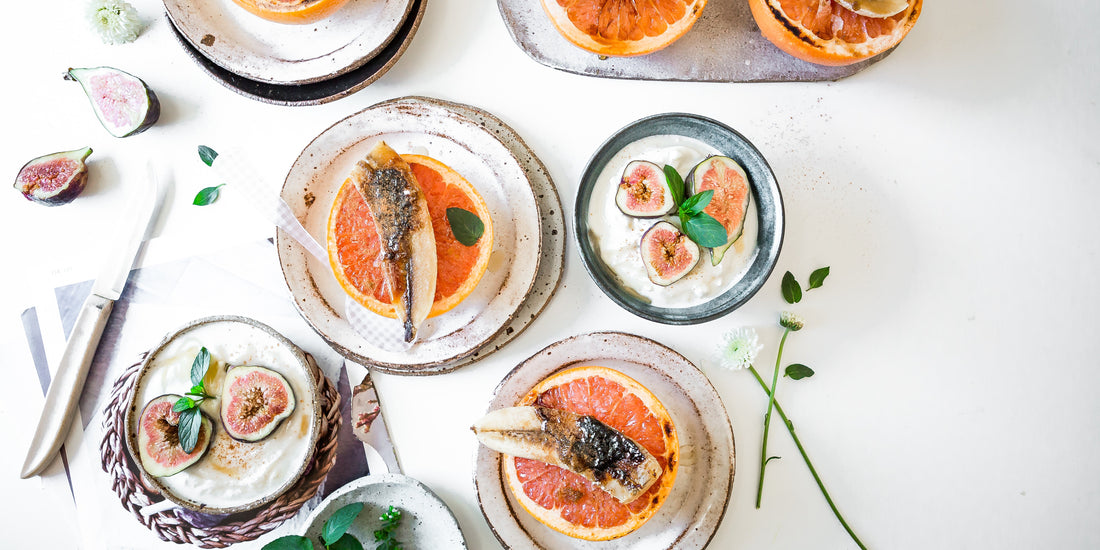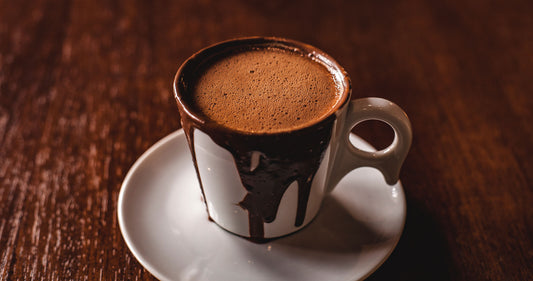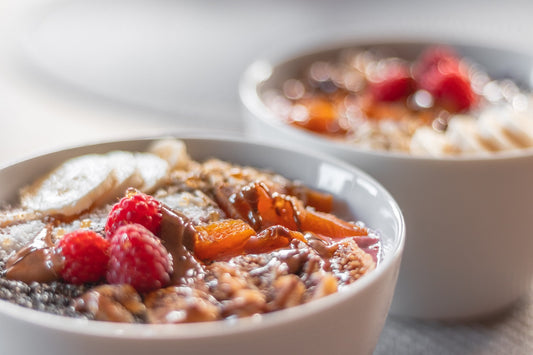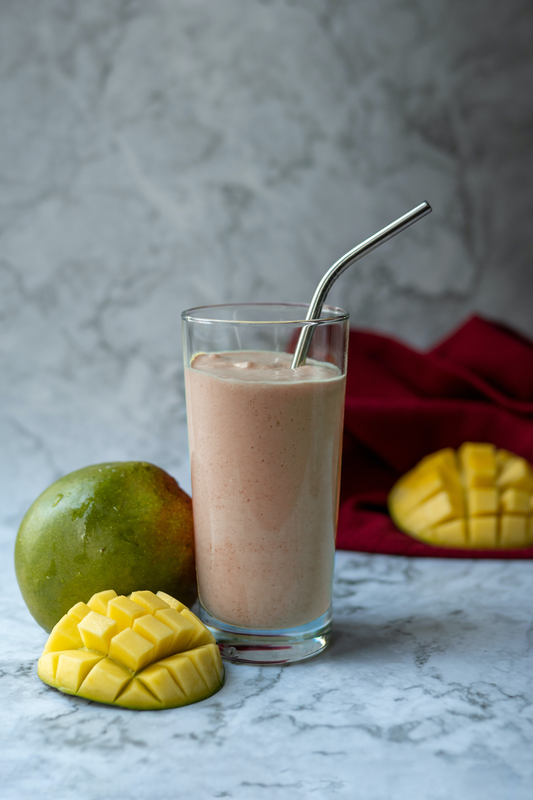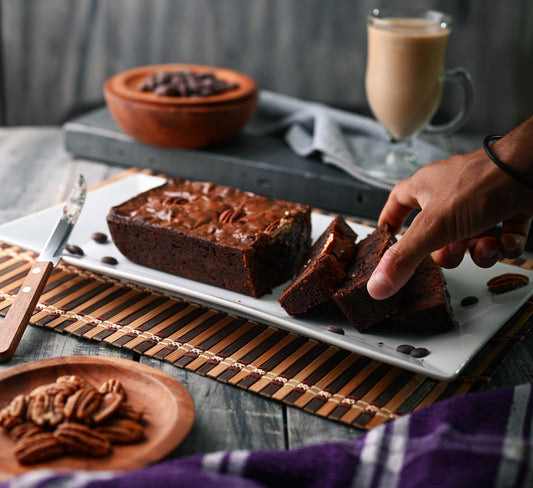The COVID-19 pandemic has affected us all. Stressors are all around us, constantly affecting us, and are unlikely to abate in the near future as scientists and public health officials work to curb the impact of the virus. Stress can wreak havoc on your immune system, leave you more prone to infections for all kinds of bacteria and viruses – stress may even be killing you. It is important to ask yourself: what am I doing to counteract stress daily?
Stress affects us at the cellular level and we need to make sure that we’re giving our body the nourishment that makes it resilient to stress and repairs the oxidative damage stress can induce. A diet done right can provide the body with a daily dose of nutrients that we need to thrive in the face of stress. Here are the most important vitamins and minerals you should be maximizing every day in your diet to combat stress.
Antioxidant Vitamins
Vitamins A, C and E are powerful fat-soluble vitamins that act as antioxidants in the body. Studies have shown that people with generalized anxiety disorder and depression had significantly lower levels of vitamins A, C, and E when compared to healthy control groups. A study found people reported less anxiety and depression scores when they received antioxidants with their antidepressants/antianxiety medication. 1
Antioxidants give our bodies the ability to heal by preventing foreign substances and environmental toxins, or free radicals, from causing damage at the cellar level. Here are a few foods you should be maximizing.
|
Foods high in vitamin A |
Foods high in vitamin C |
Foods high in vitamin E |
|
Carrots Sweet potatoes Red/yellow peppers Tomatoes Leafy green vegetables Watercress Mangoes Apricots Pumpkins Cantaloupe melon Romaine lettuce |
Kiwi Berries Currants Citrus fruits (oranges, grapefruit) Broccoli Spinach Cabbage Peas Strawberries Bell peppers |
Wheat Germ Oil Sunflower seeds Almonds Hazelnuts Pine nuts Peanuts Spinach Swiss chard Turnip greens Asparagus |
B Vitamins
A water-soluble group of vitamins that are critical for your body to properly function are B vitamins. The 8 vitamins in this group act as co-enzymes in many catabolic and anabolic processes in the body. The B vitamins are especially important for proper brain function, energy production, DNA/RNA synthesis and repair, genomic and non-genomic methylation, and the synthesis of numerous neurochemicals and signaling molecules. 2
Because these vitamins are water-soluble, they are quickly expelled by the body through urine and need to be replenished frequently. Optimized your vitamin B intake by prioritizing these foods:
|
Names and types of B vitamins |
Foods high in various B vitamins (3) |
|
Vitamin B1 (thiamine) Vitamin B2 (riboflavin) Vitamin B3 (niacin) Vitamin B5 (pantothenic acid) Vitamin B6 (pyridoxine) Vitamin B7 (biotin) Vitamin B9 (folate or folic acid) Vitamin B12 |
Nutritional yeast, yeast extract (Marmite/Vegemite) Wholegrains, oats, muesli, quinoa, wild rice, brown rice Edamame, tempeh (fermented soya beans), tofu, soya milk Green vegetables Oranges Beetroot Pulses (lentils, beans and peas) Acorn squash Wheat germ Sweetcorn, corn on the cob Brazil nuts, hazelnuts Sunflower seeds, sesame seeds |
Magnesium
Magnesium is the most relevant mineral when it comes to the topic of stress. When you’re stressed your body consumes it quickly, which can be a nightmare for your body’s regulation and balance since it is a mineral that is involved in over 300 chemical reactions in the body. One worth mentioning here is magnesium’s role in regulating GABA, a neurotransmitter and amino acid that helps you feel calm and relaxed.
|
Foods high in magnesium (4) |
|
Pumpkin seeds Almonds Spinach Cashews Peanuts Soymilk Black beans Edamame Avocado Potato (with skin) Brown rice Oatmeal Kidney beans Banana |
Getting the Right Dose the Right Way
While supplements like multi-vitamins may offer a quick solution to vitamin and mineral deficiencies, but recent studies have found that the benefits are most viable when the nutrients come from food.5 Making adjustments to your nutrition and eating habits is the healthiest and most sustainable approach to achieving wellness.
Foods like fresh fruits and vegetables, whole grains, nuts and seeds are certain to get you the nutrients you need. These foods can also be incredibly delicious, raw cacao for example contains key minerals like calcium, copper, sodium, magnesium, iron, zinc, potassium and phosphorus.
A simple way to incorporate these powerful nutrients into your day is to find recipes that incorporate many of these ingredients into one dish. Check out our chocolate chai oatmeal recipe for a delicious breakfast that combines raw cacao powder, oats, pumpkin seeds, and soymilk. It supercharges your body’s stress-fighting capabilities with adaptogens.
References
- https://www.ncbi.nlm.nih.gov/pmc/articles/PMC3512361/
- https://www.ncbi.nlm.nih.gov/pmc/articles/PMC4772032/
- https://www.veganfoodandliving.com/vegan-diet/vegan-nutrition/the-essential-b-vitamin-sources-for-vegans/#:~:text=The%20best%20sources%20are%3A%20tempeh,breakfast%20cereals%20and%20wheat%20germ.
- https://my.clevelandclinic.org/health/articles/15650-magnesium-rich-food
- https://www.webmd.com/vitamins-and-supplements/news/20190408/study-dietary-supplements-do-nothing-for-health#1
